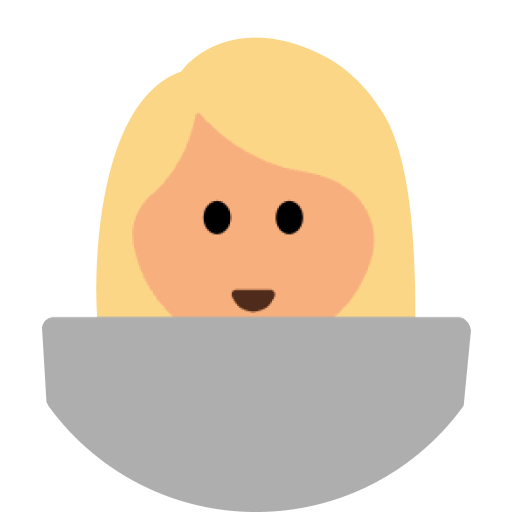
What does the "Pipe dream" mean?

Native speaker’s answer
Rebecca
A 'Pipe dream' is an unrealistic hope or fantasy. The phrase 'Pipe dream' is an allusion to the dreams experienced by smokers of opium pipes.


Rebecca
A 'Pipe dream' is an unrealistic hope or fantasy. The phrase 'Pipe dream' is an allusion to the dreams experienced by smokers of opium pipes.
03/03
1
What's "-elect" mean? Can I use in other context as well?

"-Elect" means that someone was elected, or voted in, for a role or position, but it isn't official yet! You could use it with other titles that require someone being voted in, such as a mayor, senator, commissioner, and so on. Ex: The mayor-elect is going to visit our office today. Ex: As class president-elect, I'll speak to the principal about students having access to the library at night.
2
What does "GPS" stand for?

"GPS" is an acronym that stands for "Global Positioning System". Ex: I have a GPS app on my phone, so I don't get lost in this new city! Ex: You can search for a place on a GPS device, and it'll direct you to that place.
3
What's "ditto"? What does it mean?

"Ditto" means "same here" or "as has been said before." This is an informal expression that is used when you want to express that you feel the same way about something, i.e. when something already mentioned is applicable again. Ex: A: I hate when it rains. B: Ditto. Ex: A: If she cancels our plans one more time, I'm going to stop talking to her. B: Ditto.
4
Is it common to call audience as "audience"? I thought "everyone" or "ladies and gentlemen" sound more natural.

You are right. "Everyone" or "ladies and gentlemen" sounds way more natural than "audience." It is also not very common to call an audience "audience." I am unsure why he says "audience" here, but it does sound a little odd.
5
Can I replace "the box's folds" with "the folds of the boxes"? Which one sounds more natural?

Yes, instead of saying "the box's folds and style" here you could also say "the folds and style of the box". "The folds and style of the box actually sounds a little more natural since the original sentence makes the box possessive. This is less natural since a box is an object. However, either way of saying this is correct.
Complete the expression with a quiz!